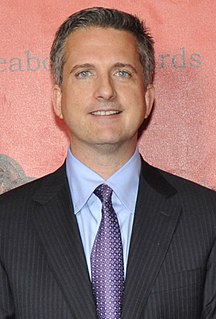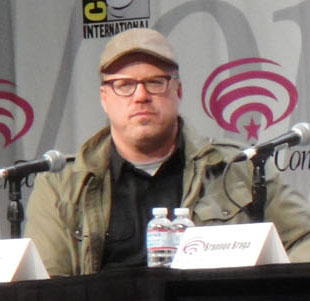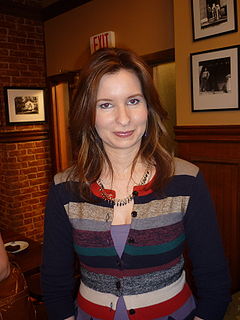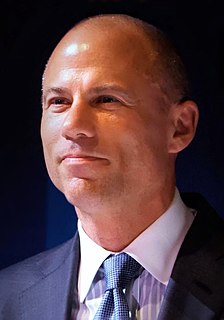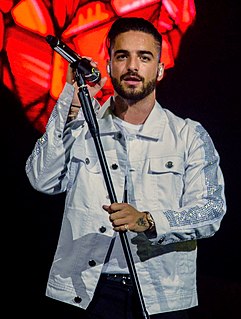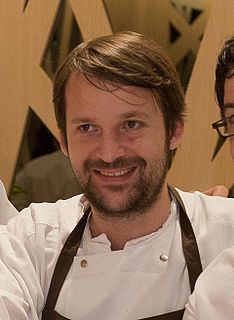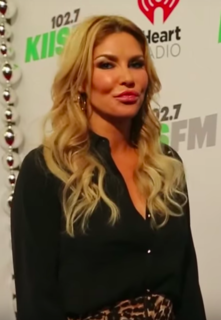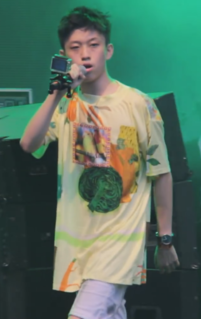A Quote by Bill Simmons
I started my Twitter account for selfish reasons: I wanted to have a place to post updates on my book signing tour and stuff like that. I never realized that I'd have so much fun tweeting. It's become the deleted scenes for my DVD of columns and podcasts.
Related Quotes
Both as a filmmaker and as a fan I love the behind-the-scenes stuff, I like it even more than deleted scenes frankly. Especially when you're happy with the movie and you're proud of it, those deleted scenes give you also a sense of the making of the film and the process through which you end up with the final product.
There weren't any deleted scenes, it was just a matter of tightening stuff. I didn't have any deleted scenes in what I did as far as I know. It's very unusual on Game of Thrones for there to be a deleted scene because the scripts are pretty locked in. There's rarely a reason to say, "Hey, we don't need this scene."
'The Washington Post' doesn't have to report on what I post on Twitter. CNN doesn't have to report on what I post on Twitter. All kinds of media outlets - they don't have to report on anything that I post on Twitter. Just like they don't have to report on all kinds of other things that other people post on Twitter.
The '30 for 30' strand started life as a series of behind-the-scenes docs for the sports channel ESPN. It has now spawned an equally fascinating series of podcasts. Like the films, these podcasts don't rely on access, the usual currency of sports journalism, and are strangely excited by stories that are complicated and require telling at length.
21 years ago when I started cooking, to be a cook meant that you were going to stay in the basement. Being a chef, you would never be on a book tour. You could never dream that 20 years later on you would be on a book tour. It wasn't a part of your dreams because it was just totally unrealistic. When did cooks - restaurant cooks, not cooks that have 15,000 television shows - when did cooks become part of pop culture the way they are?
